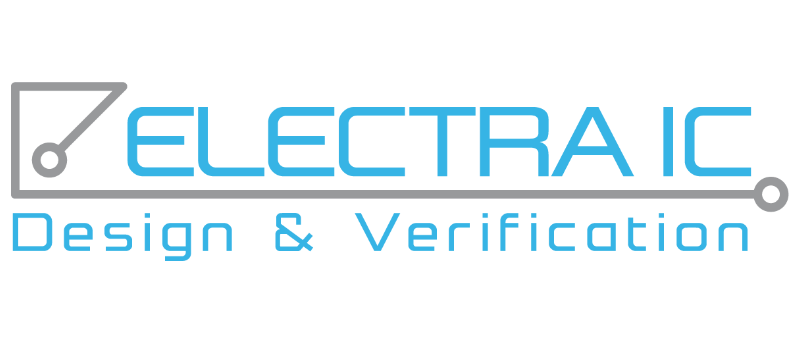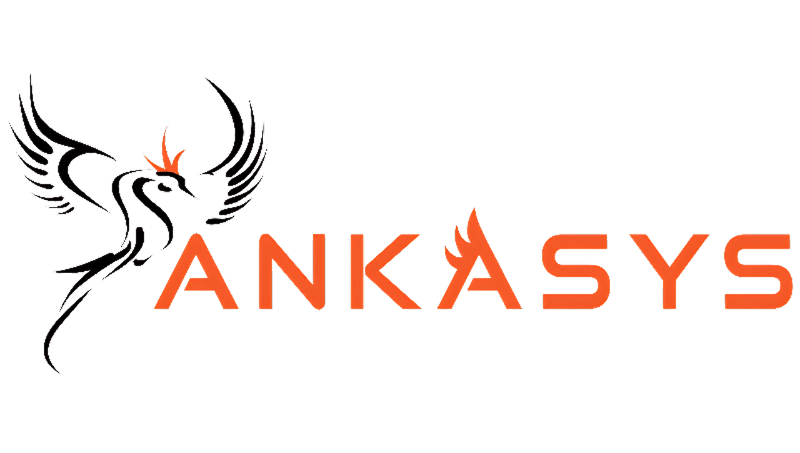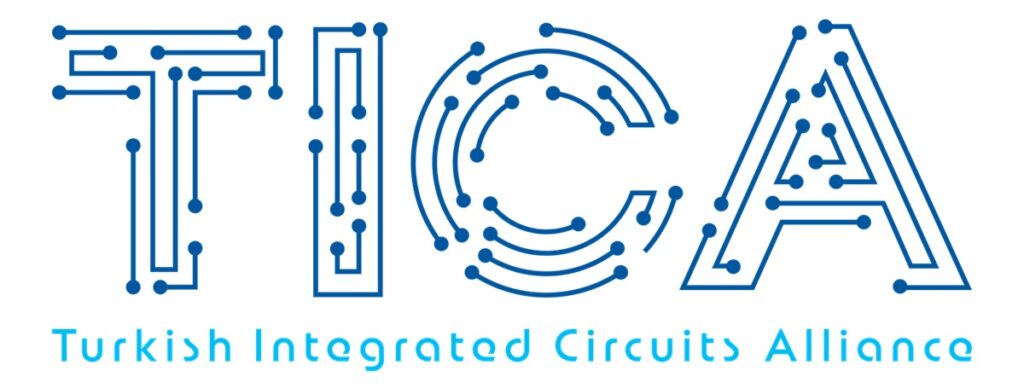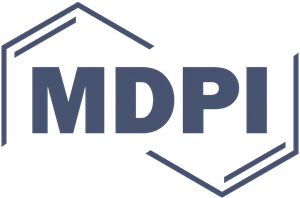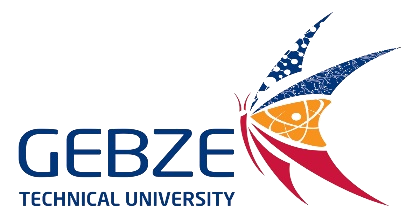SPECIAL SESSIONS
Special Session 1
Alternative Emerging Microsystems: MEMS, Microfluidics, and Photonic ICs
This session focuses on the design, simulation, and characterization of alternative, emerging microsystem technologies, including micro-electro-mechanical systems (MEMS), microfluidic devices, and photonic integrated circuits (PICs).
Such technologies have enabled a higher degree of miniaturization, thereby providing enhanced capabilities for physical, chemical, and bio-sensing, actuation, medical instrumentation, imaging, and telecommunication systems. Their relevance spans multiple industries, particularly on the Internet of Things (IoT) and 5G/6G communication sectors.
The session aims to communicate recent scientific results in emerging microsystem technologies while fostering dialogue between industrial and academic partners.
The topics of this special session include, but are not limited to:
Design, simulation, and characterization of MEMS
Microfluidic devices for sensing, actuation, and lab-on-a-chip applications
Photonic integrated circuits (PICs) for communication and sensing
Modeling, analysis, and advanced simulation methods
Multi-disciplinary approaches to next-generation microsystems
SS Organizers:
Onur Ferhanoğlu, Istanbul Technical University, TR
Email: ferhanoglu@itu.edu.tr
SS paper submission deadline: March 14th, 2025.
Special Session 2
Advancements in Neuromorphic Systems: Circuit Development and ApplicationsAlternative Emerging Microsystems: MEMS, Microfluidics, and Photonic ICs
Neuromorphic computing is pushing frontiers in hardware implementations of brain-inspired architectures. This special session invites contributions covering novel circuits, power-optimized designs, sensor integration, and methods to validate and optimize neuromorphic architectures. Topics also include embedded neuromorphic systems for AI applications in robotics, edge computing, and wearable health technology. By highlighting low-power and energy-efficient design strategies, this session aligns with SMACD’s focus on innovative circuits and systems. The topics of this special session include, but are not limited to:
-Neuromorphic circuit design (analog, digital, or mixed-signal)
-Low-power, energy-efficient hardware implementations
-Integration of emerging materials/devices (memristors, RRAM)
-On-chip synaptic weight updates, spike timing control
-Validation and optimization of neuromorphic architectures
-Embedded and edge computing applications (e.g., robotics, AI, wearables)
SS Organizers:
Neslihan Serap ŞENGOR, Istanbul Technical University, TR
Email: sengorn@itu.edu.tr
Burcu ERKMEN, Yildiz Technical University, TR
Email: bkapan@yildiz.edu.tr
SS paper submission deadline: March 14th, 2025.
Special Session 3
Novel Circuit Techniques and Design Methodologies for Accuracy Improvement of Digital-to-Analog and Analog-to-Digital Converters
Data converters play key interfacing roles between the analog and digital domains of complex mixed-signal integrated circuits. They underlie communication systems, signal generation and acquisition platforms, and industrial control and instrumentation. Emerging applications such as miniaturized healthcare devices, wireless sensor networks, quantum computing, and electronics for harsh environments demand that converters retain high performance and reliability beyond standard operating conditions. Reflecting SMACD’s emphasis on modeling and design, these topics will appeal to a broad audience—spanning analog design, VLSI, mixed-signal systems, system-on-chip (SoC) integration, signal processing, and instrumentation. By covering both foundational research and practical implementations, the session aims to foster dialogue and collaboration across academia and industry for next-generation converter solutions.
The topics of this special session include, but are not limited to:
-Novel architectures for improved resolution and linearity
-Advanced calibration and compensation techniques
-Optimized design methodologies
-Approaches leveraging statistical, machine-learning, or AI-powered enhancements.
SS Organizers:
Francesco Gagliardi, University of Pisa, IT
Email: francesco.gagliardi@phd.unipi.it
Michele Dei, University of Pisa, IT
Email: michele.dei@unipi.it
SS paper submission deadline: March 14th, 2025.
Special Session 4
Next-Generation Design Methodologies for High-Efficiency Sensor Systems
The growing demand for intelligent, energy-efficient sensor systems is reshaping technologies across IoT, Industry 4.0, medical devices, and edge computing. These solutions call for innovative design methodologies that tackle energy optimization, reliability, and scalability at both circuit and system levels. Consequently, advancements in automated design flows, ultra-low-power (ULP) circuit techniques, and edge-centric data processing have become indispensable. This session underscores the urgent need for energy-efficient sensor solutions, highlighting innovations in design automation, ULP technology, and edge AI. By featuring real-world case studies and fostering open discussion, it aims to equip researchers, engineers, and circuit designers with fresh insights and tools for building the next generation of high-efficiency sensor systems.
The topics of this special session include, but are not limited to:
-Automated Design Flows – Novel approaches in topology generation, dimensioning, and layout automation.
-Low-Power Circuits – Sensor frontends, ADCs, and energy-efficient transceivers optimized for embedded applications.
-System-Level Energy Optimization – Comprehensive strategies for reducing power in interconnected sensor and communication networks.
-Advanced Architectures for Digital Processing and AI – Hybrid hardware-software co-design, including edge AI implementations for real-time applications.
-Validation & Demonstration – Showcasing practical solutions for condition-monitoring or biomedical sensor systems.
SS Organizers:
Ralf Sommer, Technical University Ilmenau & IMMS R&D inst., DE
Email: ralf.sommer@imms.de
SS paper submission deadline: March 14th, 2025.


